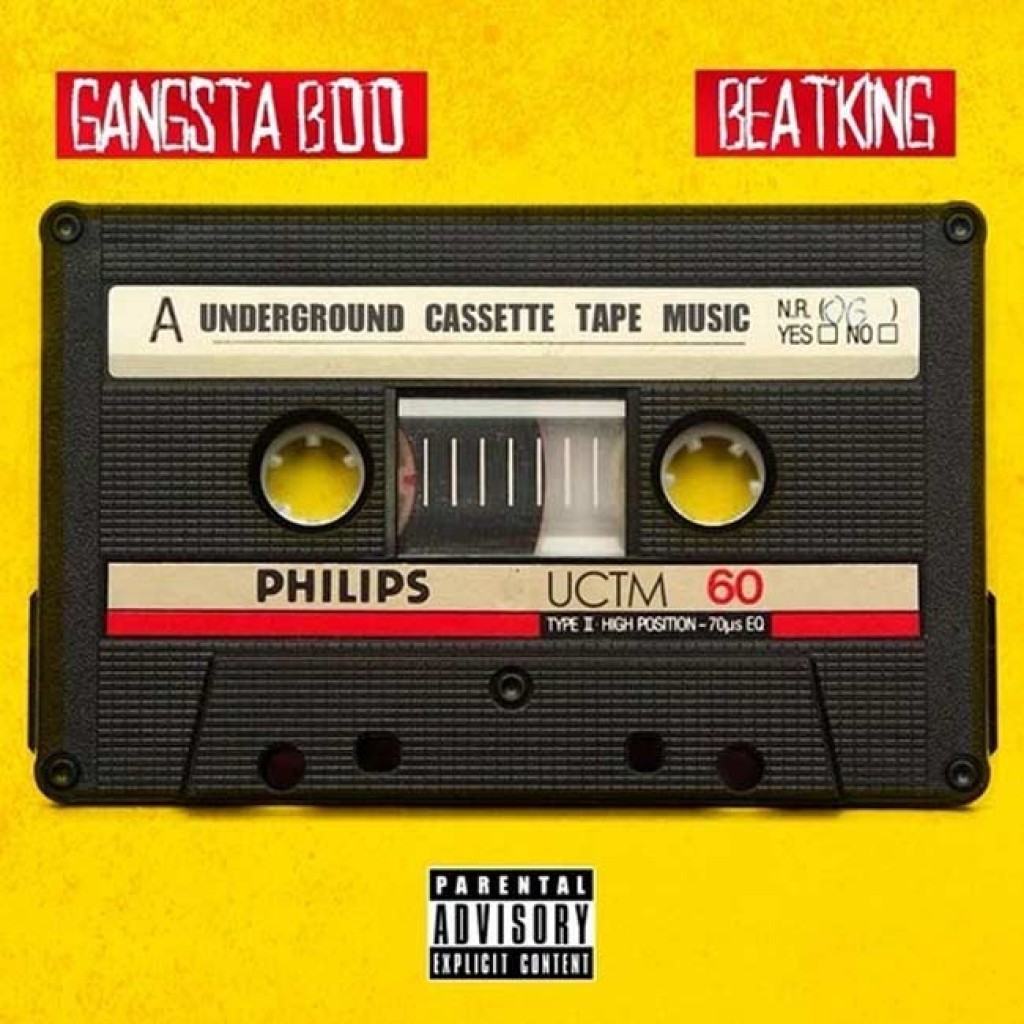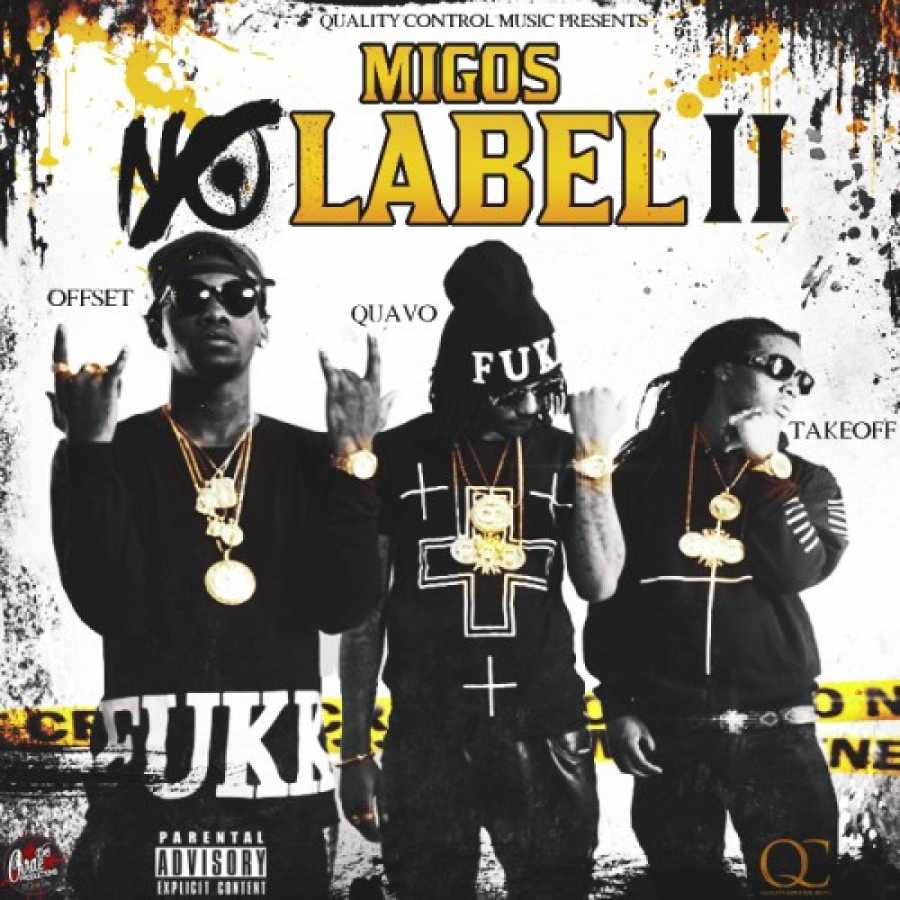By Jimmy Ness and originally written for Passionweiss.
Lamont Jody Hawkins is better known by his rap alias U-God, but it’s the “Four Bar Killer” nickname that has defined his career. Wu Tang’s mastermind RZA treated each member of the iconic group like a chess piece and used their individual strengths in a specific way while recording their early work. Unfortunately for U-God, this meant that his gruff voice was used sparingly and he often had to make the most of spitting a quick four bars before it was someone else’s turn.
Hawkins, who never had a fully produced RZA solo album like several other members, has often expressed his bitterness at being delegated to being a pawn in the Wu strategy. He left the group in 2004, recorded this documentary, and attempted to sue RZA for $170,000.
However, childhood friends often fight like brothers and the members have reconnected. U-God rejoined Wu Tang shortly after leaving and his 2009 solo LP “Dopium” was well received. Hawkins also released the new album, The Keynote Speaker on July 23, while Wu Tang is embarking on a 20th Anniversary tour during the next few months.
Despite his reputation for a bad temper and history of being unspoken during interviews, U-God was relatively guarded over the phone and he gave many one-word answers. However, we did chat about his introduction to rap, being around Ol’ Dirty Bastard, stepping away from the “Four Bar Killer” title and of course the new Wu Tang album.
When you first got started you were beatboxing for Cappadonna?
Yeah that’s true. I’m a superb beatboxer. Superior beatbox specialist heh heh. I still do it every now and then.
Who is Scotty Wotty? He’s on some of your most recent solo work and Ghostface famously mentions him on “Nutmeg.”
Well, Scotty Wotty was like my mentor in rhyming. He knew me since I was a baby, he was the first dude in the hood who was really nice, who was close to us and could really rhyme. I came and got him back, came and found him and dug him up and put him out there. But you know, he’s still got it.
You also knew Raekwon since you were children and your parents were friends?
Yeah, his mother and my mother lived in the same building in Brooklyn, East New York. We all migrated over to Staten Island at about the same time.
Is it true you were playing with a loaded gun and nearly shot him when you were kids?
(laughs) I can’t believe you said that man. Yeah, yeah little kid stuff. Wow, I can’t believe ya’ll are still talking about that.
Your uncle helped introduce you to rap?
He used to go to Harlem World and bring me back little tapes of the battles that were going on back at the stage when I was a little kid, and you know, kind of got me into hip-hop.
You went to jail for almost three years around the time that 36 Chambers was being recorded, but before that you put yourself through college for a few years off drug money?
That’s right. I studied Business Management.
Was there a point during Wu Tang’s earlier years, where you suddenly thought “wow we’ve got something special?”
Yeah you know, in the beginning when we all started doing it. It wasn’t when we blew up. I already knew what my brothers were capable of doing before we became Wu Tang. I had a pre-determined, pre-meditated situation where I already knew. It was like a business.
There’s an interesting quote from you where you said “I can talk about Wu Tang, but don’t let me hear anyone else talk about them. That’s my family.”
Exactly (laughs) no comment on that.
ODB remains one of the most unique characters that has ever existed in hip-hop. What was it like being around him?
Well you know that’s family man. He might be Wu and ODB, and wild and stuff, but to me that’s my brother man. It ain’t nothing. It’s like Meth, that’s my family too but people be going crazy when the see the dude, and I be like tsk maaaan that’s my fam. It’s like he’s special, but he’s not that special like ya’ll would see him. But I love my brothers man.
Looking back on your career, do you have anyone who you are proudest to have worked with?
I’ve worked with a lot of different people… umm Rick Rubin, a lot of different people. We met so many good people, it’s hard to even say. You know what I mean? Well, Issac Hayes. He’s a good guy man, quiet, keeps to himself. People are human beings you know. People are just regular man.
You’ve been known for having quite a wild temper, do you think you’ve calmed with age?
Yeah, yeah man. I’m not the only one that’s like that. Don’t make it sound like I’m the only bad guy. I wasn’t the only bad guy, stop making it seem like I’m the only one that’s crazy like that (laughs). I wasn’t the only one.
Your writing style has changed over time. At first your style was quite straight forward, then around the time of Wu Tang Forever your style was a bit more abstract, a bit more slanged out. And now it’s gone back to being how it was originally. Were you making these changes on purpose?
Yes, yes I do change my style up because I can’t stay the same, plus my attitude changes with my style. My process is kinda crazy man. I go through a lot because I sit still, I meditate. I don’t know, I use the lower levels of my brain. It’s just different.
You’ve spoken a lot about how you feel you are quite underrated, do you feel like now is your time to shine? Dopium was well received, and now you’re coming out with Keynote Speaker?
We’ll I can’t tell which way things are going to go or what they are going to lead to, but when I came up with “Keynote Speaker” that’s exactly what I was saying because I’ve basically come to the forefront, to step to the podium and talk to you. So you know, whatever happens happens. People like good music – they gravitate toward it. They do – they do, they don’t – they don’t, but this record right here is my Illmatic. So this is what I’m doing right now. I’m not the four bar killer anymore. I used to be, but that’s not what I’m about no more.
Tell us about the track “Black Shampoo” off Wu Tang Forever, it’s definitely a unique song.
People tease me about that record, I get mixed reviews. I get laughed at.
A little bit of all of the above, but how do you feel about the track?
It definitely shows a different side of U-God. You switched your style up quite a bit on there.
Okay…
Of course I have to ask about the new Wu Tang stuff, do you feel like you guys can make a full comeback with a solid record?
Well, we gon’ try baby. We gon’ give it our all.
What about the production? Because not everyone was happy with the way that 8 Diagrams turned out.
Well we going to figure it out when we cross that bridge, you know what I mean? Hopefully it will come out good and we can be happy with it.







